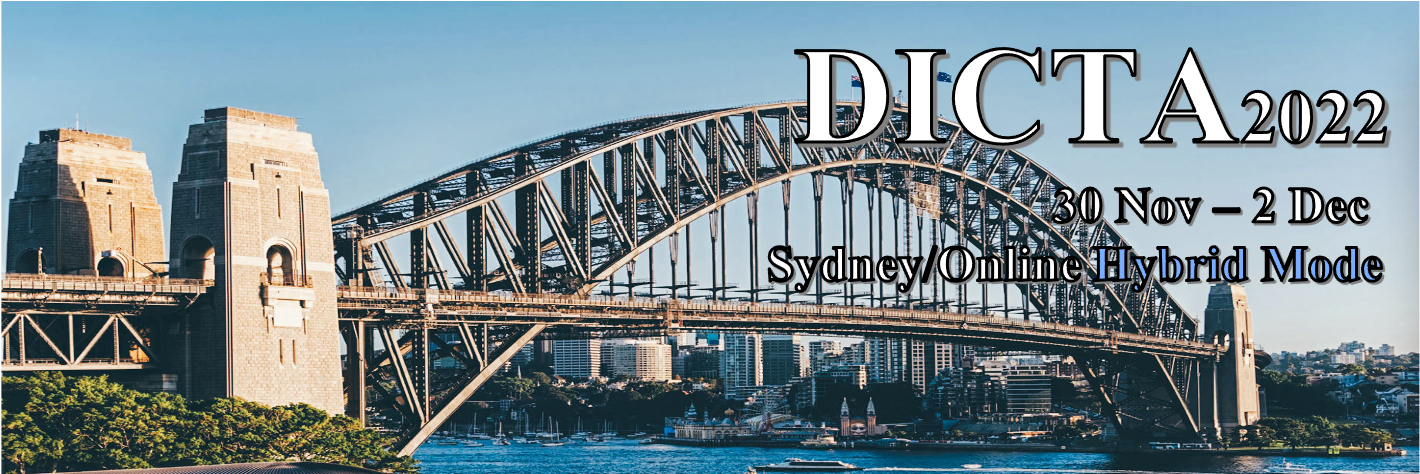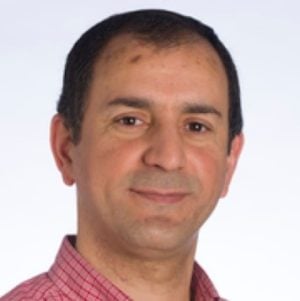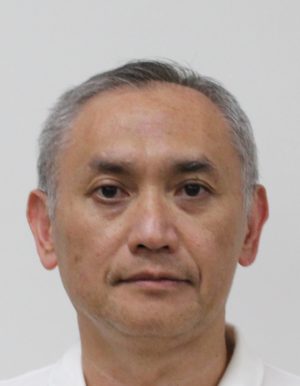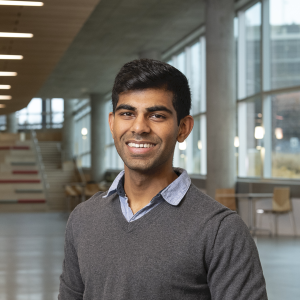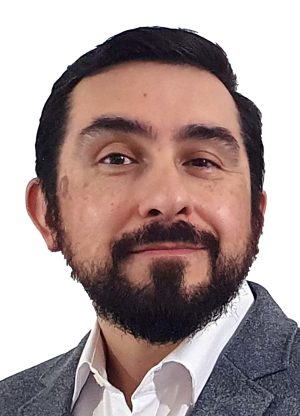karim seghouane
university of melbourne
A/Prof Karim Seghouane is currently a faculty member of the School of Mathematics and Statistics at the University of Melbourne. Prior to that he was with the Department of Electrical and Electronic Engineering at the same university. His research interests are in the areas of statistical signal and image processing, machine learning and artificial intelligence. He is currently an elected member of the IEEE Signal Processing Society Computational Imaging Technical Committee (CITC) and serves as a Senior Editor Area on the editorial board of the IEEE Transactions on Image Processing.
